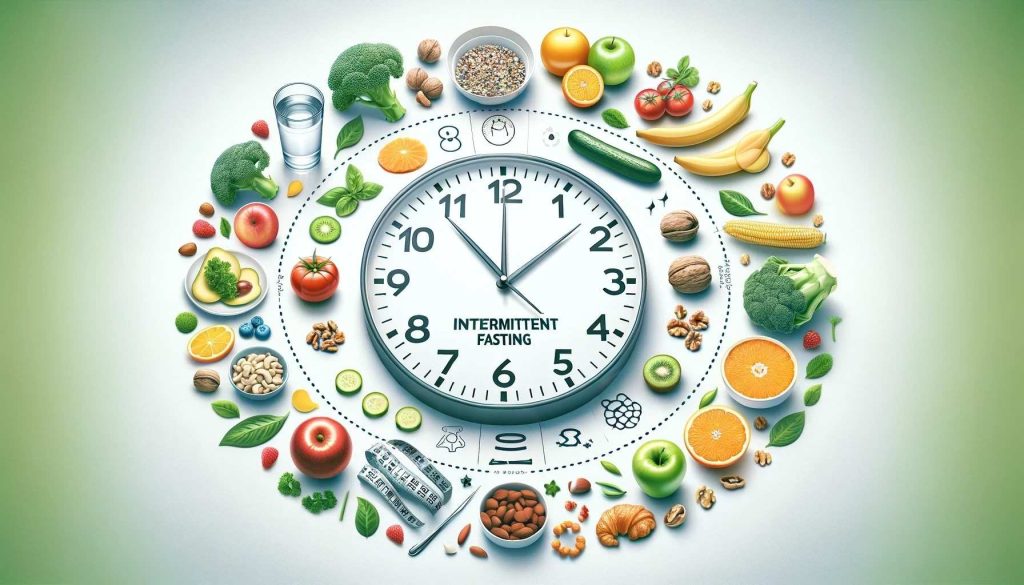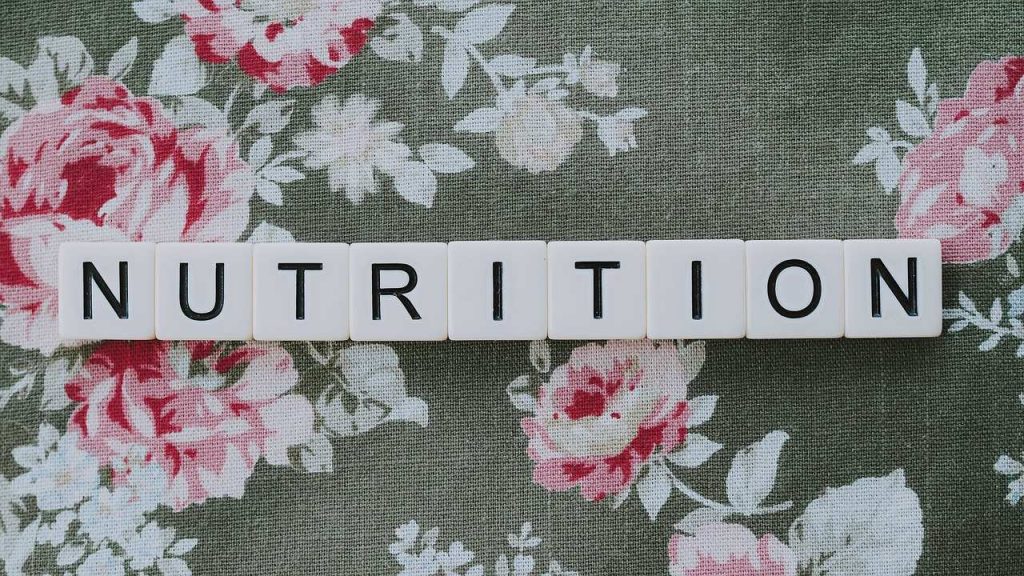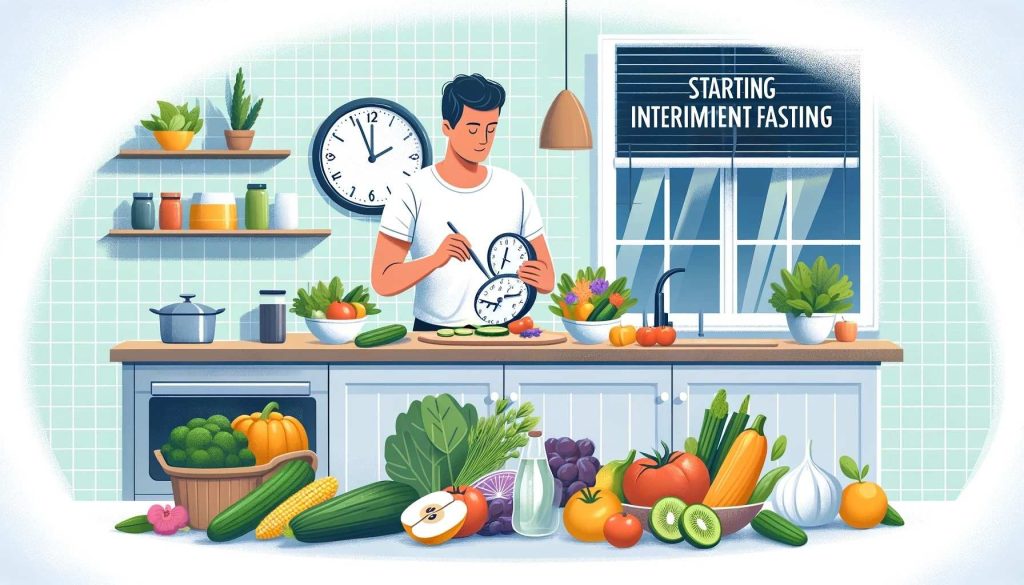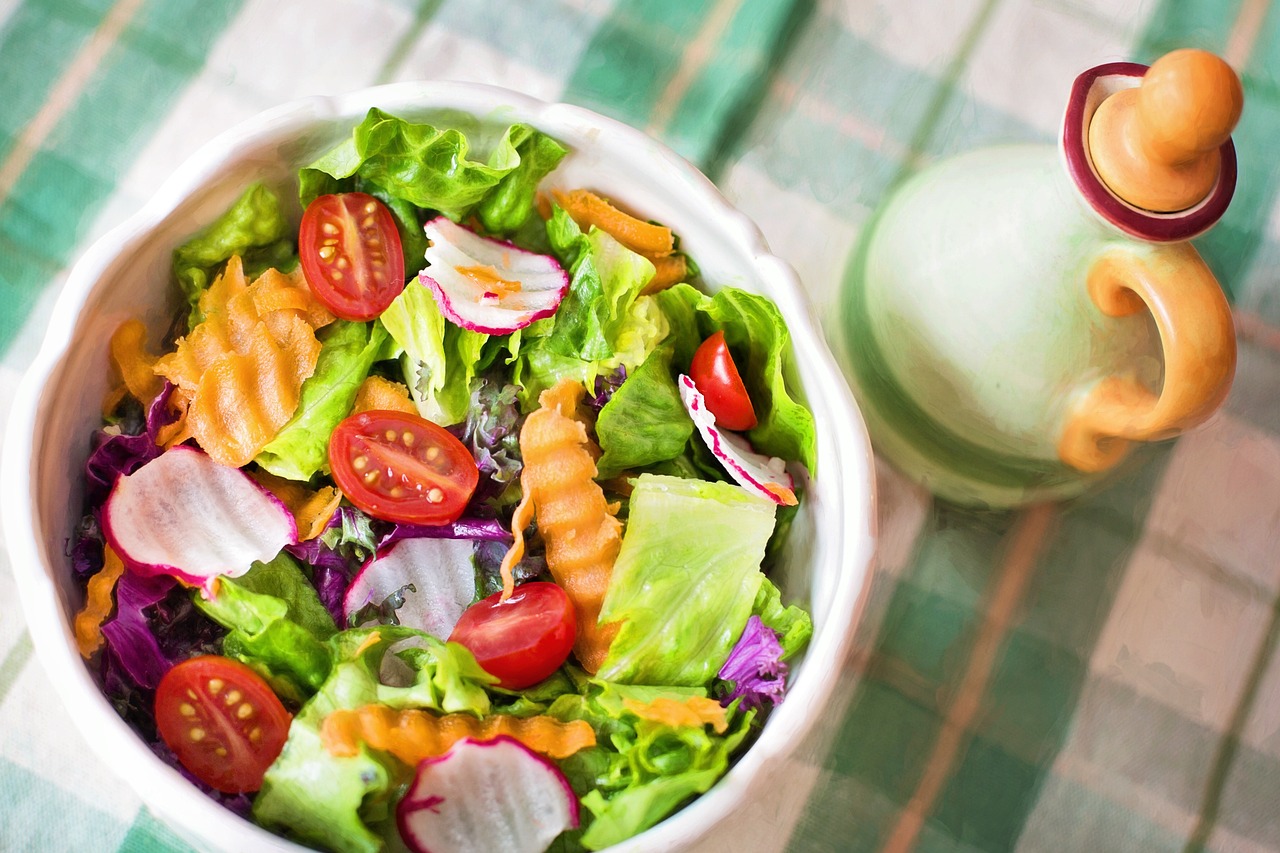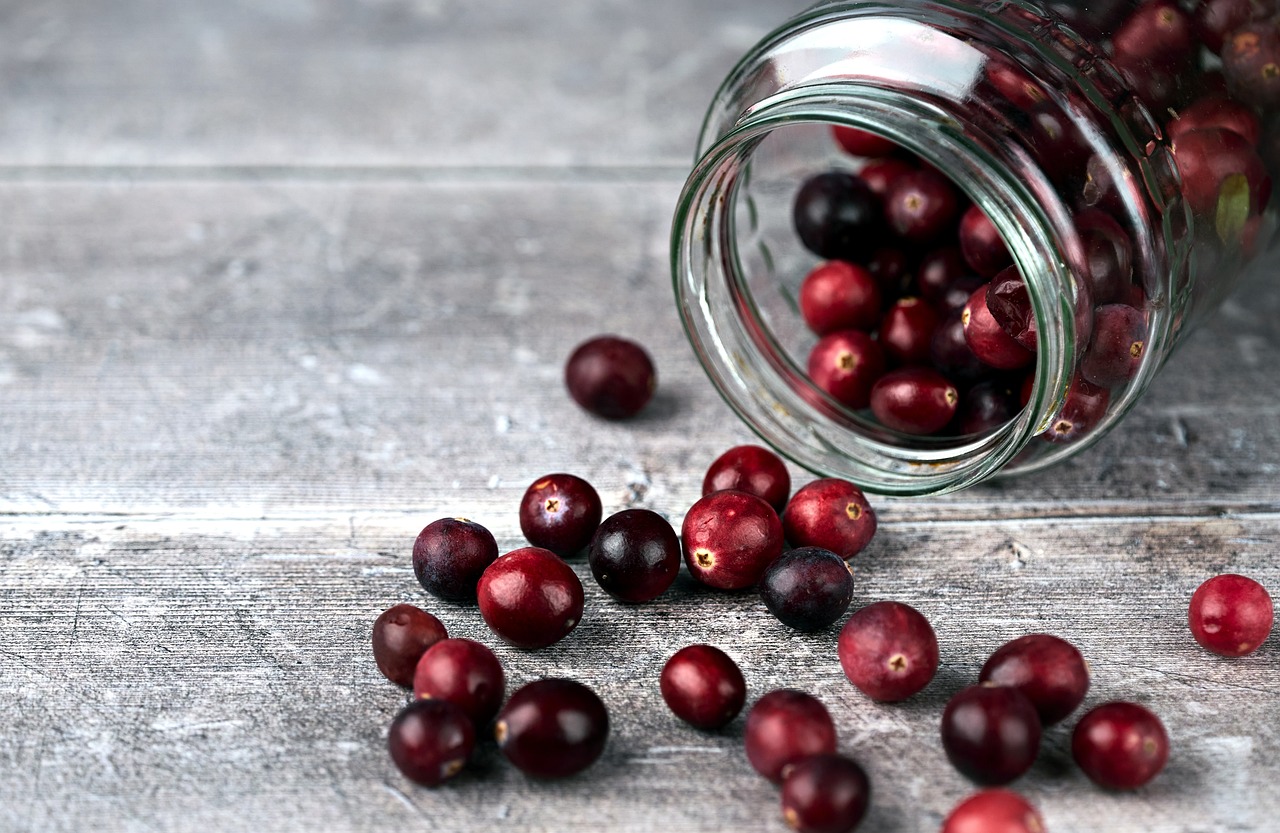Intermittent fasting and going vegan are two trendy ways of eating that have gained a lot of popularity recently. Intermittent fasting involves changing when you eat, while going vegan means avoiding all animal products in your diet.
If you’ve ever thought about trying intermittent fasting, it’s like mixing up your meal times to give your body a break from eating for certain periods. It’s become quite popular because it can have health benefits.
On the other hand, veganism is about eating only plant-based foods, like fruits, vegetables, grains, and nuts. It’s not only good for your health but also for the environment because it reduces the demand for animal products.
Whether you’re already into plant-based eating or just curious about trying it or intermittent fasting, I am here to help!
I’ll give you all the information you need about intermittent fasting diet plans for vegetarians, which will help you decide if these eating styles are right for you, whether you want to lose weight, improve your cholesterol, or just feel healthier.
Plant-based, vegetarian, and vegan are three different levels of plant-forward or plant-focused eating. The reason behind your choice to include more plants in your day may determine which level you land on.
Understanding Plant Based Diet
When it comes to eating more plants, there are different levels you can choose from based on your reasons and preferences.
Plant-based: This means most of what you eat (about 80% to 90%) comes from plants like fruits, veggies, grains, beans, seeds, and nuts. You might still have a bit of meat or other animal products (around 10% to 20%) in your meals. People often go for this for health reasons.
Vegetarian: Being a vegetarian means not eating meat, but you might still have other animal products like dairy, eggs, and sometimes fish (if you’re a pescatarian). People choose this for a mix of reasons, like health and caring about animals.
Vegan: Vegans don’t eat any animal products at all, and it goes beyond just food. They also avoid using things like leather or wool in clothes or other products. This choice is often more about caring for animals and the environment than just health.
Each level has its own benefits and reasons for choosing it. It’s all about finding what works best for you and your lifestyle!
Is Vegetarian Intermittent Fasting A Thing?
Fasting can actually be adapted to fit any type of diet, including vegetarianism or veganism. Yes, there’s such a thing as vegetarian intermittent fasting! It’s important to note that fasting focuses on when you eat rather than what you eat.
So, it can definitely be combined with vegetarian or vegan diets to achieve similar health goals. While both fasting and vegetarianism offer advantages, they also come with some potential drawbacks.
Let’s take a closer look at the positives and negatives.
What are the Health Benefits of Intermittent Fasting for Vegetarians?
Combining the power of vegetarianism with intermittent fasting can offer a range of health benefits. Let’s explore how this dynamic duo can enhance your well-being:
1. Improved Heart Health:
Vegetarian diets are rich in fruits, vegetables, whole grains, legumes, and healthy fats, all of which are packed with fiber and low in saturated fats and cholesterol. This combination supports heart health by reducing the risk of cardiovascular diseases.
Intermittent fasting complements this by promoting weight loss, lowering blood pressure, and improving lipid markers, which contribute to a healthier heart.
2. Weight Management:
The high fiber content in vegetarian diets increases satiety, helping you feel full faster and stay full longer. This can aid in weight management by curbing overeating and promoting better control of blood sugar levels.
Intermittent fasting further supports weight loss efforts by reducing insulin response, which helps prevent fat storage and promotes a more balanced metabolism.
3. Reduced Inflammation:
Plant-based foods are not only rich in fiber but also contain phytochemicals and antioxidants like vitamins C and E. These compounds have anti-inflammatory properties that can help lower the risk of chronic diseases such as cancer, type 2 diabetes, and cardiovascular diseases.
Intermittent fasting also contributes to reducing inflammation, making it a complementary approach to a vegetarian diet that promotes overall health and well-being.
What are the Risks of Combining a Vegetarian Diet with Intermittent Fasting?
While vegetarian intermittent fasting might seem like a promising way to boost your health, it’s essential to be aware of potential risks before diving in. Let’s break down who should proceed with caution and the possible risks involved:
Individuals to Avoid Fasting Altogether:
- Pregnant, breastfeeding, or those trying to conceive: Fasting can deprive the body of essential nutrients needed for fetal development or milk production.
- Type 1 diabetes patients: Fasting can affect blood sugar levels and lead to complications for individuals who require constant monitoring and management of their condition.
- Those on prescription medications: Fasting may interfere with medication absorption or effectiveness, posing risks to individuals reliant on specific drugs for their health.
- Minors and seniors: Young individuals under 18 and older adults aged 80 years and above may have different nutritional needs or health concerns that fasting could exacerbate.
- Extremely active individuals: Fasting may impair performance and recovery for individuals with high energy expenditure from intense physical activity.
- Those with low body weight or BMI < 18.5: Fasting can further compromise nutritional intake and energy levels in individuals who are already underweight.
- Individuals with or at risk of eating disorders: Fasting may trigger or worsen disordered eating behaviors and pose risks to mental and physical health.
For those who are eligible to practice vegetarian fasting safely, it’s crucial to consider the potential risks involved:
- Nutritional deficiencies: Fasting, especially when combined with a restrictive diet like vegetarianism, may lead to inadequate intake of essential nutrients like protein, vitamins, and minerals.
- Disrupted metabolism: Prolonged fasting periods or irregular eating patterns can affect metabolism and hormonal balance, potentially leading to energy imbalances or metabolic disorders.
- Increased risk of binge eating: Restrictive eating patterns may trigger binge-eating episodes during non-fasting periods, leading to weight fluctuations and disordered eating habits.
- Adverse effects on mental health: Fasting may contribute to mood swings, irritability, or anxiety in some individuals, particularly those prone to stress or emotional eating.
Overall, while vegetarian intermittent fasting can offer benefits, it’s essential to approach it with caution and prioritize individual health needs and concerns.
Nutrient Deficiencies
When you’re on a vegetarian diet, it’s important to pay extra attention to certain nutrients that might be lacking compared to meat-based diets. Here are a few key ones to keep in mind:
1. Protein
Many plant-based foods don’t contain all the essential amino acids your body needs. To make sure you’re getting enough protein, eat a variety of plant-based protein sources like beans, lentils, tofu, and nuts.
Combining different protein sources, like rice and beans or peanut butter, on whole-grain bread can help ensure you get all the amino acids you need.
2. Vitamin B12
This vitamin is mainly found in animal products, so it can be challenging for vegetarians to get enough of it. B12 deficiency can lead to serious health issues like anaemia and neurological problems.
Consider taking a B12 supplement or eating fortified foods like whole-grain cereals to meet your needs. It’s a good idea to check in with your doctor to monitor your B12 levels and get personalized advice.
3. Iron
Plant-based iron (non-heme iron) is not as easily absorbed by the body as the iron found in meat (heme iron). To enhance iron absorption, pair plant-based iron sources with foods high in vitamin C, like citrus fruits or bell peppers. Your doctor can help you keep an eye on your iron levels and may recommend supplements if needed.
Intermittent fasting can make it trickier to meet your nutritional needs as a vegetarian because you have a shorter window of time to eat. This can increase the risk of nutrient deficiencies, so it’s essential to plan your meals carefully and consider supplementation if necessary.
Inadequate Calorie Intake
While vegetarian foods are packed with nutrients, they often have fewer calories compared to meat-based foods. This means you might need to eat larger portions to meet your energy needs.
Combine this with a shorter eating window from intermittent fasting, and it can be tough to get enough calories each day. Not getting enough calories can lead to problems like weight loss, muscle loss, and feeling low on energy, which isn’t what we want from intermittent fasting.
Social Challenges
If you’re already a vegetarian, you’re probably familiar with the struggle of finding vegetarian options when eating out or attending social gatherings. Intermittent fasting can add another layer of challenge to your social life since you have to plan your eating window carefully.
However, there are different ways to do intermittent fasting, so you can choose a schedule that fits your lifestyle best. Starting with a shorter fasting period is a good idea if you’re new to intermittent fasting.
Learning how to adjust your meal plan to fit both your vegetarian diet and intermittent fasting schedule is important to avoid feeling restricted and frustrated. We have plenty of tips and resources to help you navigate intermittent fasting without missing out on social events.
How to Start Intermittent Fasting on a Vegetarian Diet?
Interested in trying intermittent fasting as a vegetarian? Take it slow, customize it to fit your lifestyle, and celebrate your progress along the way, just like this couple enjoying cooking together and embracing a new way of eating.
First things first, before making any changes to your diet or lifestyle, it’s a good idea to chat with your doctor.
Start gradually. Making too many changes all at once can be overwhelming and hard to stick with. It can also make it tricky to figure out what’s working for you and what’s not.
Begin by adjusting your natural fasting time, which is typically while you’re asleep. Then, gradually add an hour or two to your fasting period at a time. You can tweak it as needed until you find a fasting schedule that works well for you.
For example, if you usually stop eating at 8 PM and don’t eat breakfast until 8 AM, try cutting off your food intake around 6 or 7 PM to start with a 13-14 hour fast. If this interferes with family dinners or social outings, you can adjust the fasting period to suit your lifestyle better. Remember, the goal is to make fasting work for you, not the other way around.
Starting slowly can help minimize any side effects of intermittent fasting. A popular fasting schedule is the 16:8 method, which involves fasting for 16 hours and eating during an 8-hour window.
However, if fasting for 16 hours feels too challenging, you can still experience benefits with shorter fasting windows like 12:12 or 14:10 – or any other combination that fits your schedule. You might even notice some weight loss!
As you make changes, pay attention to how your body feels, and don’t hesitate to make adjustments as needed. Having a plan for your meals during the fasting period, knowing what breaks your fast, what beverages are allowed while fasting, and what foods to eat during your eating window are all important for success.
And don’t worry, we’ve got all the information you need right here!
7-day Meal Plan – Intermittent Fasting Diet Plan For Vegetarians
Creating a balanced vegetarian meal plan for intermittent fasting is all about including a variety of nutrient-rich foods. Here’s a simple guide to help you plan your meals for a week:
Day 1:
- Breakfast: Overnight oats made with oats, almond milk, chia seeds, and topped with sliced bananas and a sprinkle of cinnamon.
- Lunch: Mixed green salad with chickpeas, cherry tomatoes, cucumber, and a drizzle of olive oil and lemon juice.
- Dinner: Stir-fried tofu with broccoli, bell peppers, and mushrooms served over brown rice.
Day 2:
- Breakfast: Whole grain toast topped with avocado slices and a poached egg.
- Lunch: Lentil soup with carrots, celery, and spinach.
- Dinner: Quinoa and black bean stuffed bell peppers served with a side of roasted sweet potatoes.
Day 3:
- Breakfast: Smoothie made with spinach, frozen berries, almond milk, and a scoop of protein powder.
- Lunch: Greek salad with mixed greens, tomatoes, cucumbers, olives, and feta cheese.
- Dinner: Baked falafel served with whole wheat pita bread, hummus, and a side of tabbouleh salad.
Day 4:
- Breakfast: Greek yogurt parfait with layers of yogurt, granola, and fresh mixed berries.
- Lunch: Veggie wrap with whole grain tortilla, hummus, shredded carrots, cucumber, and mixed greens.
- Dinner: Vegetable curry with chickpeas served over basmati rice.
Day 5:
- Breakfast: Breakfast burrito filled with scrambled eggs, black beans, sautéed spinach, and salsa wrapped in a whole wheat tortilla.
- Lunch: Caprese salad with sliced tomatoes, fresh mozzarella, basil leaves, and a drizzle of balsamic glaze.
- Dinner: Eggplant parmesan served with a side of spaghetti squash.
Day 6:
- Breakfast: Chia seed pudding made with almond milk and topped with sliced mango and shredded coconut.
- Lunch: Quinoa salad with roasted vegetables, feta cheese, and a lemon-tahini dressing.
- Dinner: Vegetarian chili made with kidney beans, tomatoes, bell peppers, onions, and spices.
Day 7:
- Breakfast: Banana and peanut butter smoothie made with frozen banana, almond milk, and a scoop of peanut butter.
- Lunch: Spinach and feta stuffed mushrooms served with a side of steamed green beans.
- Dinner: Vegetable stir-fry with tofu, snap peas, carrots, and broccoli served over brown rice.
Remember to adjust portion sizes and meal timings according to your fasting schedule and individual nutritional needs. Enjoy experimenting with different ingredients and flavors to keep your meals exciting and satisfying!
While this 7-day meal plan provides a general outline for intermittent fasting as a vegetarian, it’s important to remember that everyone’s nutritional needs and preferences are unique. Customizing a diet plan based on your individual body requirements can lead to better results and overall satisfaction.
Therefore, it’s advisable to consult with a nutritionist who can tailor a meal plan specifically to your needs and goals. By doing so, you can ensure that your diet aligns with your body’s requirements and helps you achieve optimal health and wellness.
Feel free to reach out to me if you’d like assistance in customizing a diet plan according to your specific requirements.
FAQ
How can I make sure I get enough protein as a vegetarian while intermittent fasting?
Getting enough protein as a vegetarian with intermittent fasting involves incorporating a variety of plant-based protein sources into your meals. Options include tofu, tempeh, unsalted nuts and nut butters, legumes, seeds, and plant-based protein powders. You should aim to include at least two protein sources with every meal. Additionally, if you include them in your diet, protein can also be obtained from fish, dairy, and eggs.
Can I practice intermittent fasting on a plant-based diet?
Yes, you can practice intermittent fasting on a plant-based diet. Intermittent fasting focuses on when you eat rather than what you eat. Therefore, regardless of your dietary preferences, intermittent fasting can be adapted to suit your lifestyle. A well-planned plant-based diet can offer high-nutrient value foods that support your intermittent fasting goals.
What should a vegetarian consume during intermittent fasting?
What a vegetarian eats during intermittent fasting varies based on their specific dietary choices. It’s important to note that being a vegetarian and fasting doesn’t automatically equate to being healthy. To avoid overeating, especially if weight loss is a goal, focus on consuming whole, fresh foods rather than relying solely on plant-based food alternatives.
How should I break a prolonged fast as a vegetarian?
Breaking a prolonged fast as a vegetarian should involve consuming a balanced meal containing protein (such as legumes, seeds, and nuts), fiber (found in fruits or vegetables), and complex carbohydrates (found in whole grains and starchy vegetables). It’s also essential to stay hydrated during this process.
Do vegetarians typically live longer lives?
The longevity of lifelong vegetarians varies from person to person. While a well-planned vegetarian diet can help prevent certain chronic diseases and support overall health, it’s not a guarantee of a longer life. However, adhering to a vegetarian lifestyle can certainly contribute to better health outcomes over time.


